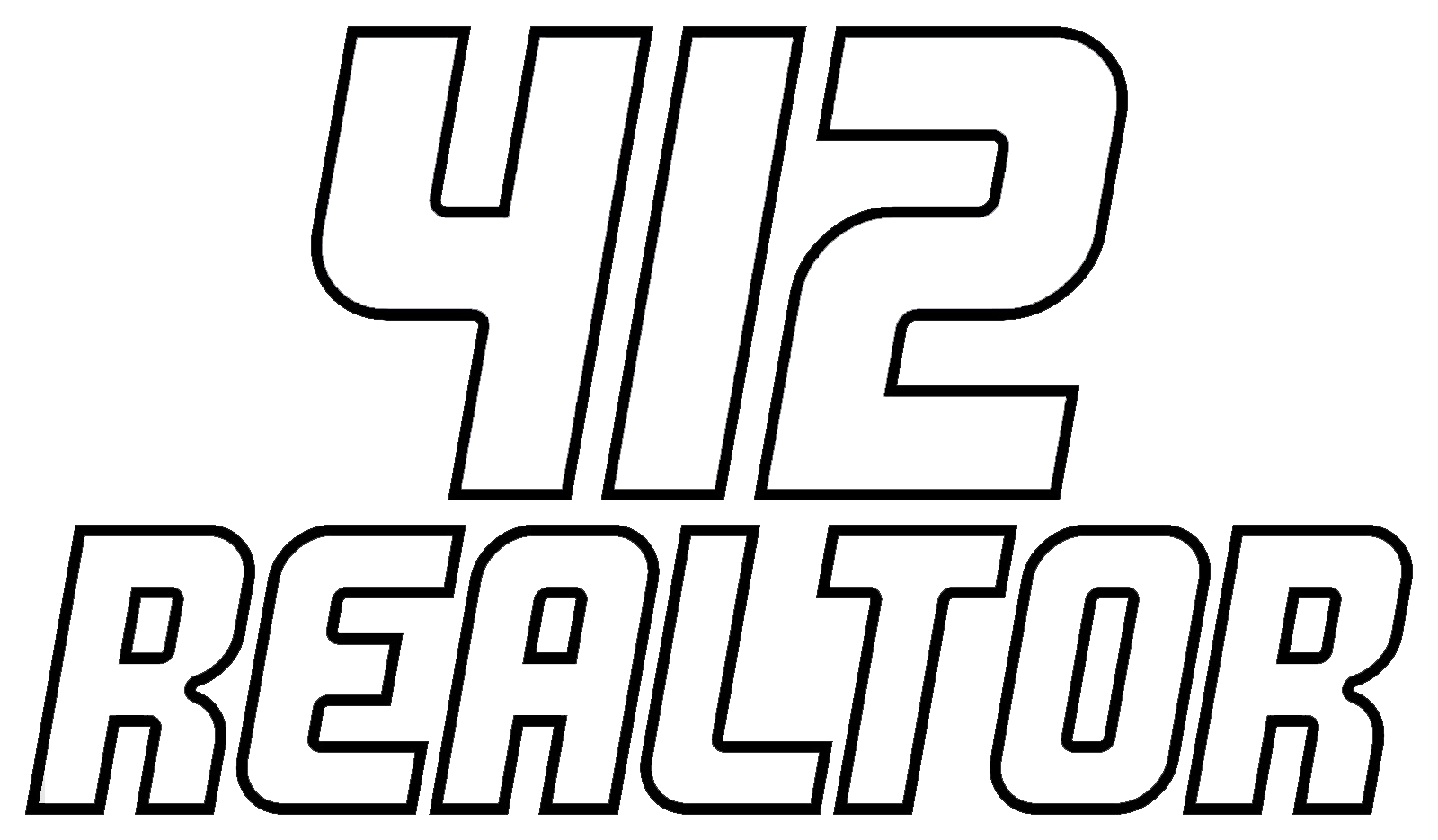If you’re house hunting on a budget or looking for a great investment opportunity, you’ve probably heard of foreclosures and short sales. These types of distressed properties can offer significant savings—but they also come with unique challenges that traditional home purchases don’t.
Here’s everything you need to know before diving into the world of distressed properties.
📉 What Is a Foreclosure?
A foreclosure happens when a homeowner fails to keep up with their mortgage payments. After a certain period, the lender begins the legal process to repossess the home. Foreclosed homes are usually:
- Sold at auction (typically to cash buyers)
- Listed as real estate owned (REO) by banks if not sold at auction
Pros:
- Discounted prices
- Faster closing timeline (especially REOs)
- Banks often clear liens before resale
Cons:
- Sold “as-is”
- May be neglected or vacant
- Minimal room for negotiation
💸 What Is a Short Sale?
A short sale occurs when a homeowner owes more on their mortgage than the home is worth and seeks lender approval to sell at a loss. The homeowner remains involved, but the bank has final say on the deal.
Pros:
- Often in better condition than foreclosures
- Buyers usually get to inspect the property
- Less competition in many markets
Cons:
- Lengthy approval process (up to 6 months or more)
- Bank may reject or counter your offer
- Uncertainty throughout the transaction
🔍 Key Differences at a Glance
| Feature | Foreclosure | Short Sale |
|---|---|---|
| Owner | Bank or lender | Homeowner (lender approves sale) |
| Condition | Often poor, may be vacant | Usually better maintained |
| Negotiation | With bank or auction house | With homeowner (lender approves) |
| Speed | Faster if REO; instant at auction | Slower due to bank approval |
| Inspections | Limited or not allowed | Often allowed |
🛠️ Is It a Good Deal?
Foreclosures and short sales can be smart financial moves—but only for well-prepared buyers. Ask yourself:
- Do I have funds for potential repairs or upgrades?
- Can I handle uncertainty or a longer timeline?
- Am I working with a knowledgeable real estate agent?
If you answered “yes,” this type of deal could be a great fit—especially if you’re looking for an investment, a fixer-upper, or a discounted entry into homeownership.
💡 Pro Tips for Buying Distressed Properties
- Hire an experienced agent – They’ll help you navigate the unique steps and lender requirements.
- Get pre-approved – This strengthens your offer and is often required by the seller (or bank).
- Inspect when possible – Short sales typically allow inspections. Foreclosures may not, but it’s worth trying.
- Research the title – Ensure there are no unpaid liens or taxes tied to the property.
- Request an appraisal – Don’t rely on listing price alone; confirm the true value of the property.
🔚 Final Thoughts
Buying a foreclosure or short sale can offer big savings—but it’s not without its complications. With the right preparation, realistic expectations, and a great team in your corner, you could find yourself with a hidden gem of a home or a smart investment property.
🏡 Ready to Explore Distressed Properties?
If you’re considering buying a foreclosure or short sale, let’s talk! I can help you find the best deals, avoid the pitfalls, and guide you through every step of the process.




